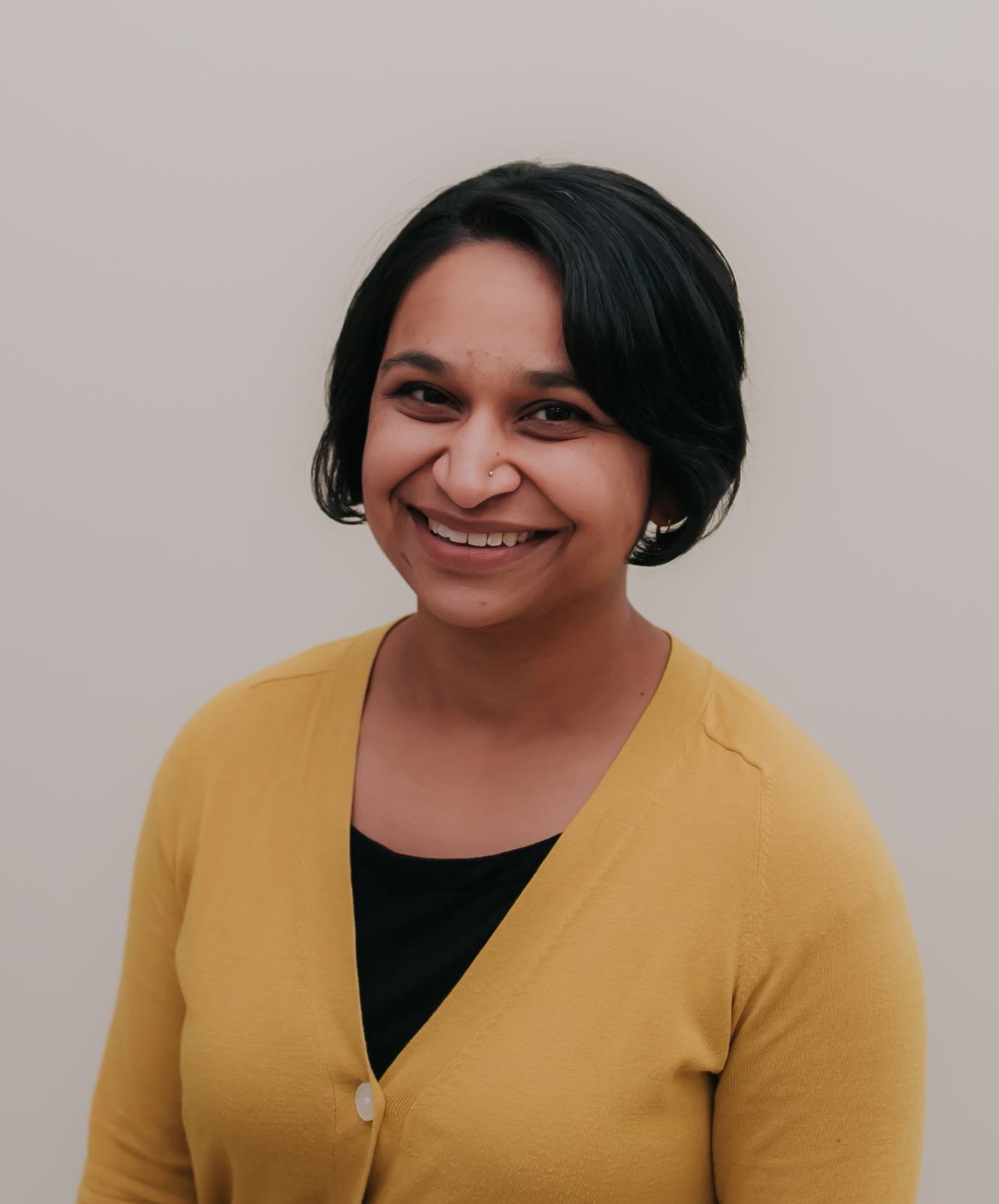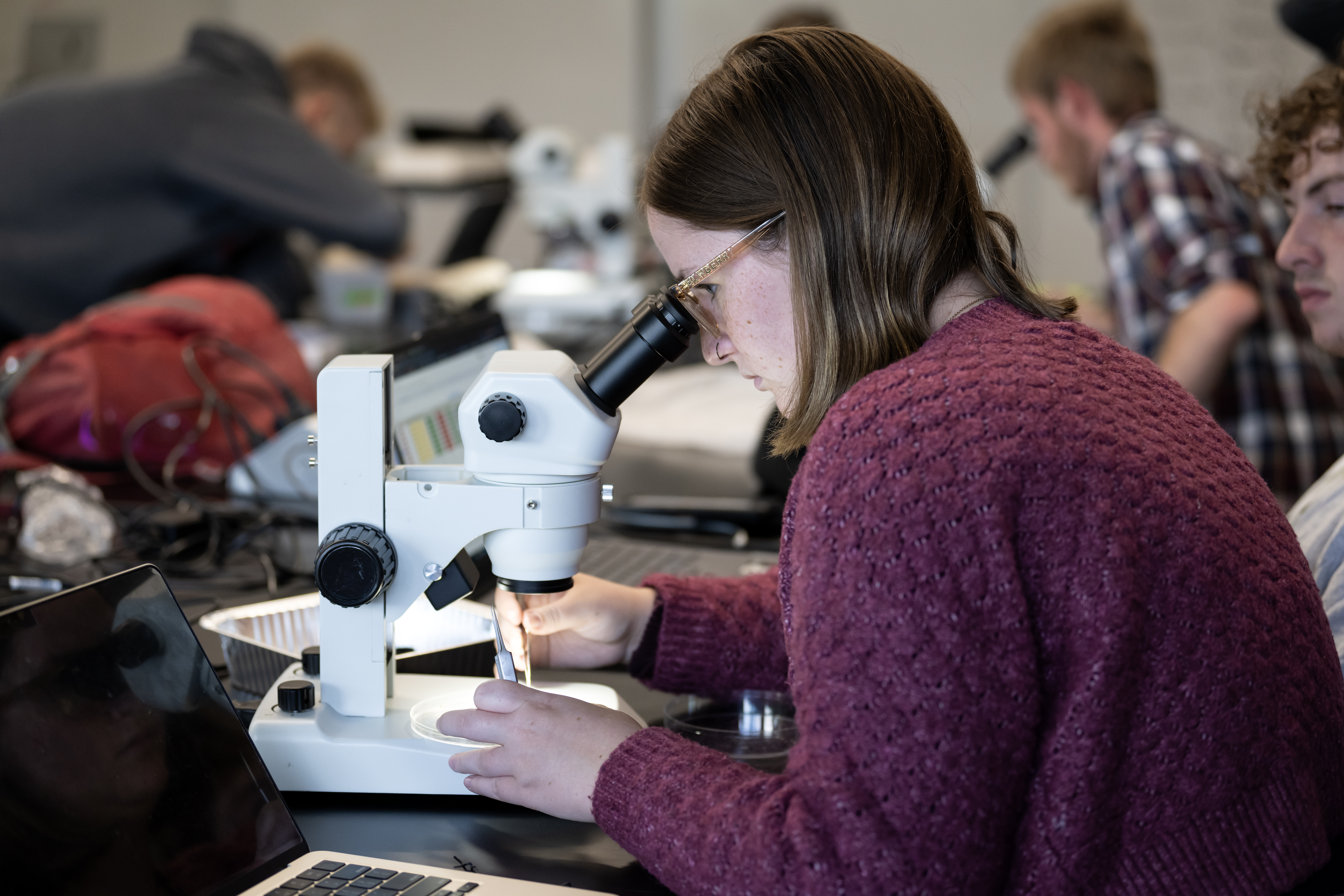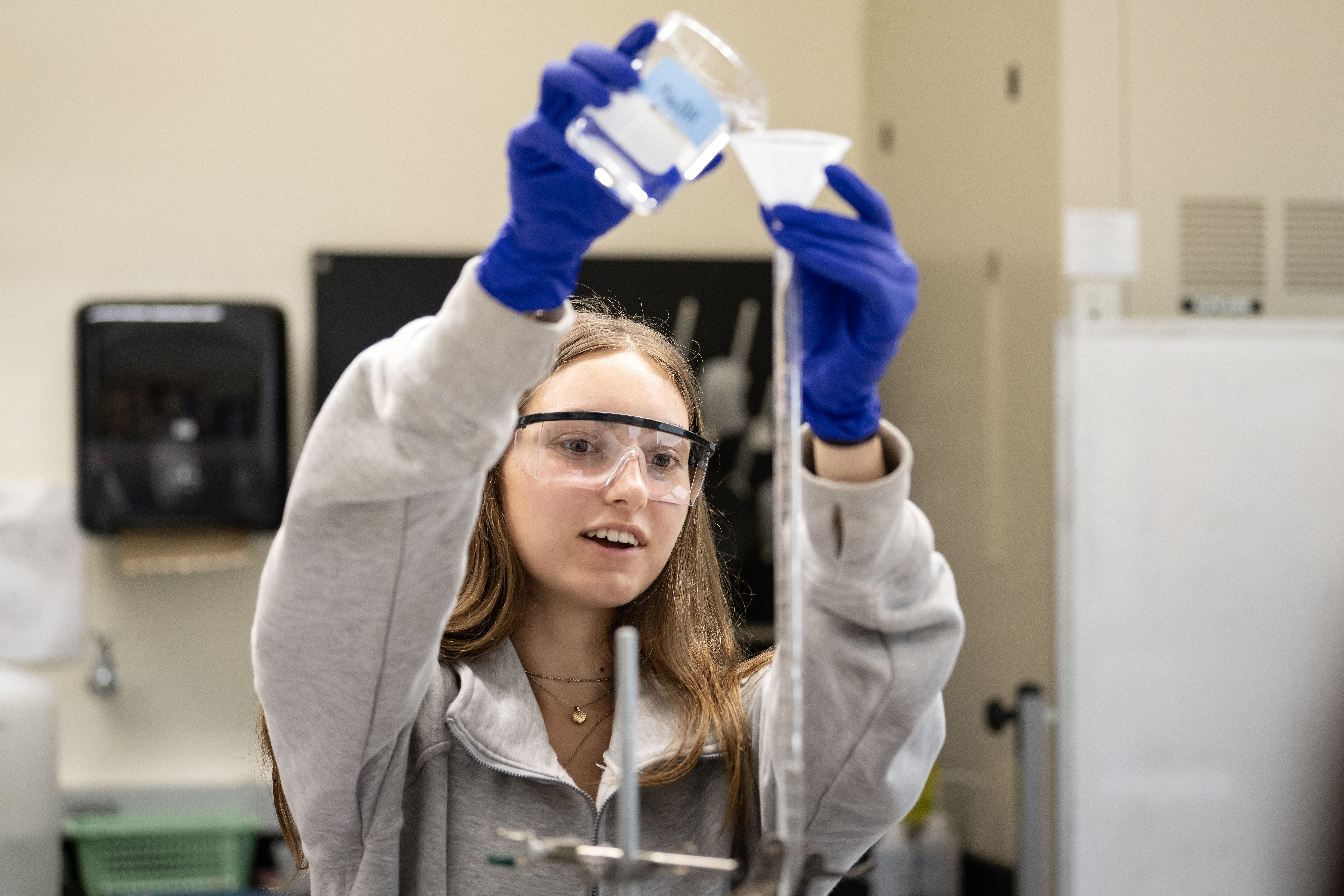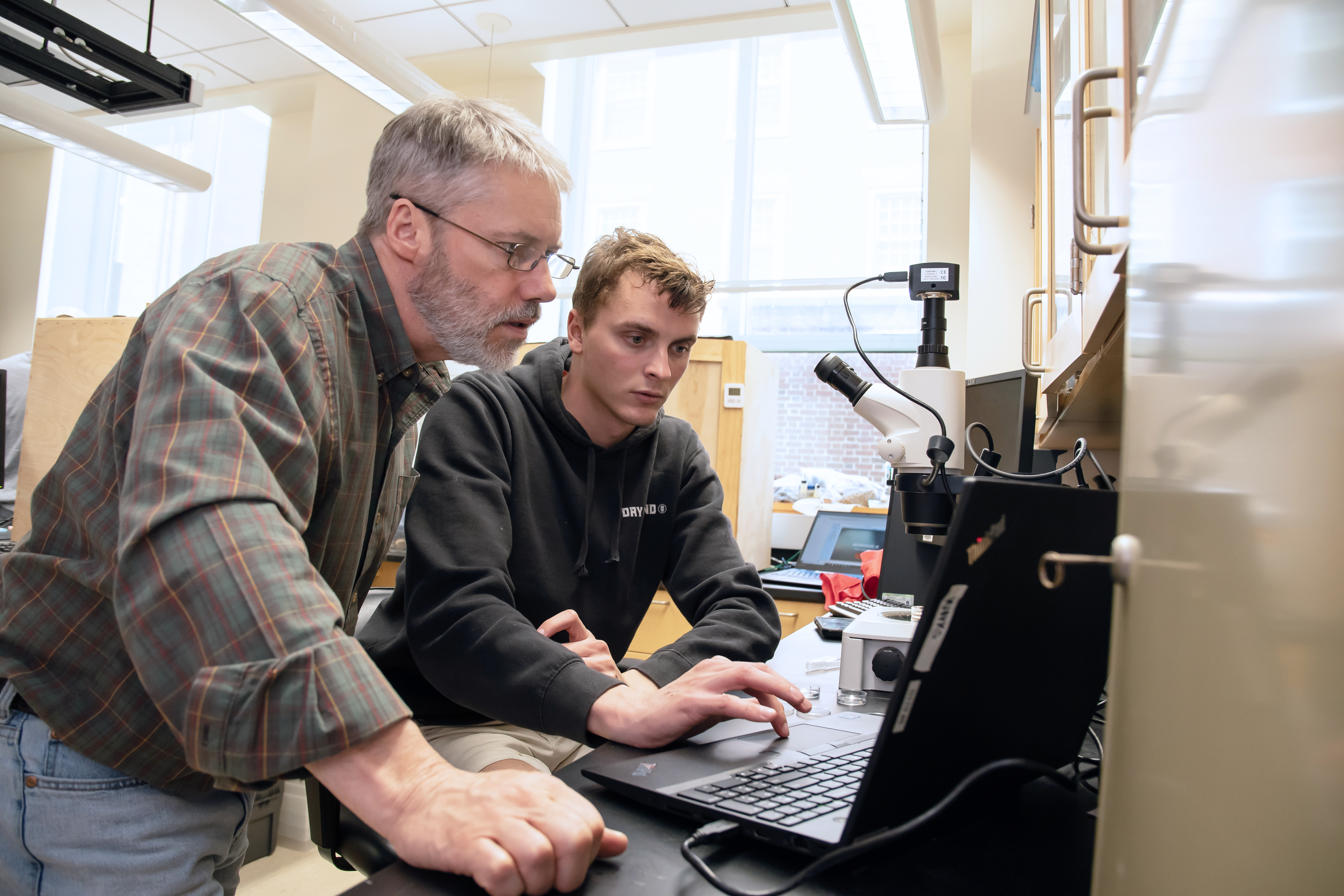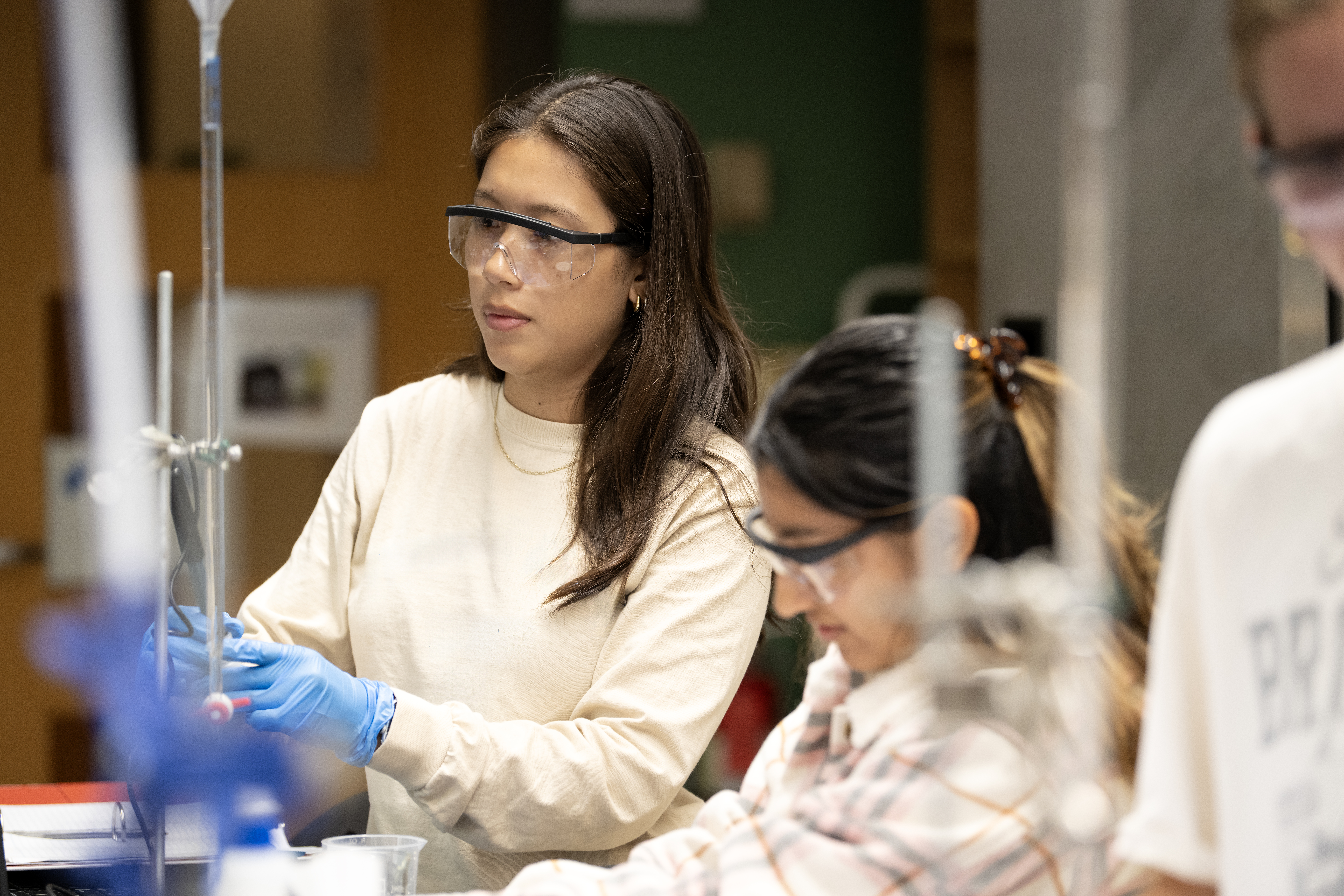
Neuroscience Major
There is no better way to begin understanding the brain than through the Neuroscience major. Unlike many other schools, at Washington College, our major looks at the brain by combining elements of psychology, biology, and chemistry so our students understand the physical, psychological, and social networks that create behaviors, memories, and consciousness.
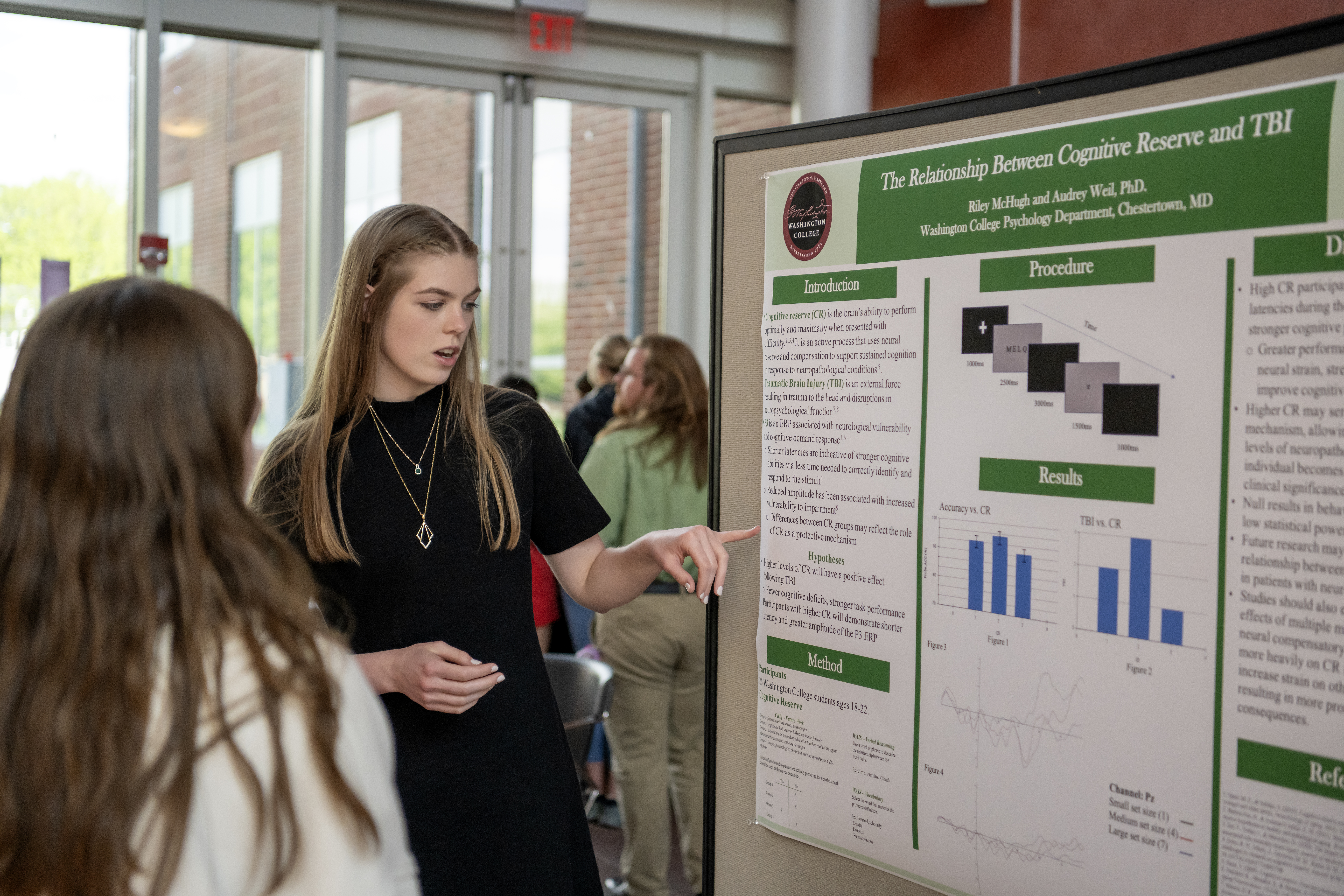
Students explore the nervous system from the molecular level through behavioral outcomes,
developing skills and expanding knowledge through coursework and labs across the three
core fields of psychology, biology, and chemistry. While neuroscience majors receive
broad exposure to the topic with classes in each of those subjects, coursework can
be tailored to your interests through chosen electives. It is common for our students
to explore interests across campus through a double major or minor. Browse our course
catalog for sample courses.
Develop lab and research skills that make you highly competitive for graduate programs,
post-baccalaureate research positions, pre-health professions, or other career options
after graduation. As soon as your first year, your courses will have lab components
where you can begin working on research. By junior year, you are involved in focused,
self-driven research to prepare for your Senior Capstone Experience (SCE) in any of
the core fields. Research opportunities are available throughout upper-level labs
and outside of coursework by assisting our faculty in research or developing your
own projects. Students also get experience presenting their research at professional
conferences, including the Eastern Psychological Association and other specialty conferences
within Neuroscience.
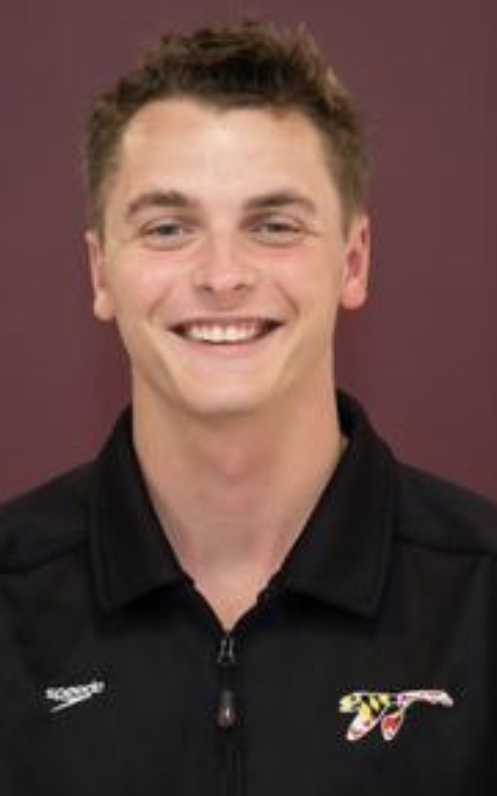
Gage Mandrell '23
Associate Neurophysiologist at Globus Medical Inc."I was looking for a job that got me hands-on patient experience, as well as bettered my understanding of neuroscience and neuroanatomy. Talking with people that went to other schools, I [could see] the opportunities I had at Washington College, the small classes, the impact you can have in a small college."
